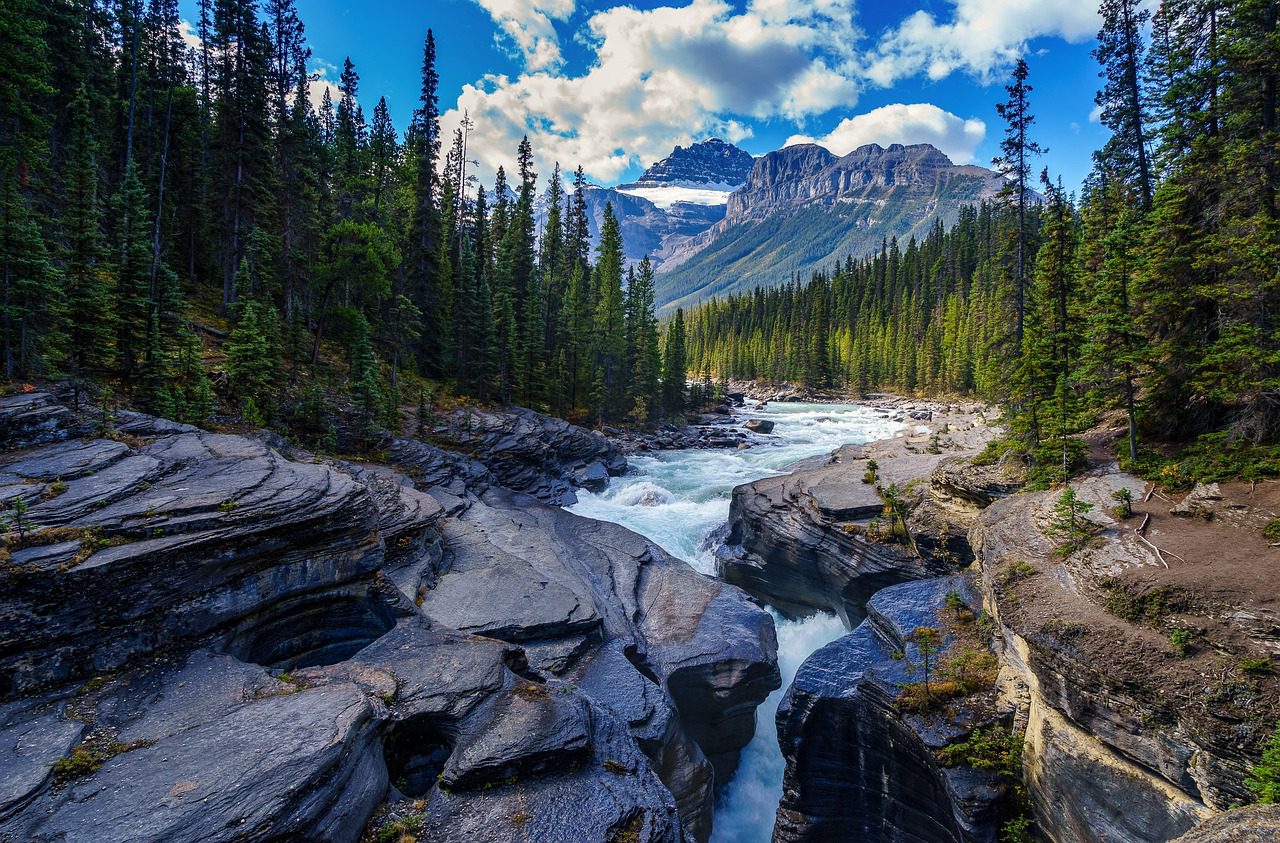January 25, 2023 – The Bureau of Reclamation is making approximately $80 million from President Biden’s Bipartisan Infrastructure Law available for water conservation, water management and restoration projects that will result in significant benefits to ecosystem or watershed health. The Environmental Water Resource Projects selected in response to this funding opportunity are part of the WaterSMART Program
is making approximately $80 million from President Biden’s Bipartisan Infrastructure Law available for water conservation, water management and restoration projects that will result in significant benefits to ecosystem or watershed health. The Environmental Water Resource Projects selected in response to this funding opportunity are part of the WaterSMART Program , which received a $1 billion boost from the Infrastructure Law
, which received a $1 billion boost from the Infrastructure Law
The Bipartisan Infrastructure Law provided $8.3 billion for Reclamation water infrastructure projects over five years to advance drought resilience and expand access to clean water for families, farmers and wildlife. The investment will repair aging water delivery systems, secure dams, complete rural water projects, and protect aquatic ecosystems.
“Locally led water restoration projects are key to providing communities more access to clean, reliable water,” said Deputy Commissioner Michael Brain. “The Bipartisan Infrastructure Law is providing a significant investment for the restoration of river and stream habitats, watershed health and the surrounding environment that will lead to increased water availability for families, farmers and Tribes.”
Applications for Funding.
The funding opportunity is available at grants.gov under opportunity number R23AS00089 (hint, just copy and paste R23AS00089 and the application page comes up). Applications are due by March 28, 2023, at 4 p.m. MDT.
under opportunity number R23AS00089 (hint, just copy and paste R23AS00089 and the application page comes up). Applications are due by March 28, 2023, at 4 p.m. MDT.
Funding is available for up to $3 million per project. The applicant must complete the project within three years. Total project costs must be at most $6 million, and the projects must be part of a collaborative process to increase water resource reliability.
If applicants demonstrate that the project increases water supply reliability for ecological values, was developed as part of a collaborative process, and/or the project benefits will advance an established strategy or plan to increase the reliability of water supply for consumptive and non-consumptive ecological values, they must be capable of providing up to a 25% non-federal cost share. If they do not meet these cost-sharing requirements, applicants must be capable of providing up to a 50% non-federal cost-share.
Eligible applicants are broken into three categories:
- Category A applicants are states, Tribes, irrigation districts and water districts; state, regional, or local authorities, the members of which include one or more organizations with water or power delivery authority; and other organizations with water or power delivery authority. All applicants must be in one of the following states or territories: Alaska, Arizona, California, Colorado, Hawaii, Idaho, Kansas, Montana, Nebraska, Nevada, New Mexico, North Dakota, Oklahoma, Oregon, South Dakota, Texas, Utah, Washington, Wyoming, American Samoa, Guam, the Northern Mariana Islands, the Virgin Islands or Puerto Rico.
- Category B applicants are non-profit conservation organizations, including watershed groups, acting in partnership and agreement with an entity described in Category A. Category B applicants must be in the United States or one of the territories identified above, and the Category A partner must be located in one of the states or territories described in Category A.
- Category C applicants are non-profit corporations applying for a project to improve the condition of a natural feature, such as wetlands on federal land, without a Category A partner. They must demonstrate that Category A entities do not object to the project. All Category C applicants must be in the United States or one of the territories identified in Category A.
Help for the Application Process is Available.
The Bureau of Reclamation will host a webinar on Monday, February 6, 2023, from 2 p.m. to 3:30 p.m. MST to discuss eligible applicants and project types, program requirements, and the evaluation criteria for the Environmental Water Resources Projects funding opportunity and the upcoming Aquatic Ecosystems Restoration Program. Click here to join the live event or use the same link to watch a recording after the completion of the live event
to discuss eligible applicants and project types, program requirements, and the evaluation criteria for the Environmental Water Resources Projects funding opportunity and the upcoming Aquatic Ecosystems Restoration Program. Click here to join the live event or use the same link to watch a recording after the completion of the live event .
.
If you have questions regarding applicant and project eligibility, program requirements, or the evaluation criteria for the Environmental Water Resources Projects, you can get a free 30 minute consultation by selecting an Environmental Water Resource Projects Inquiry to schedule a time to talk with the program coordinators .
.


Leave a Reply